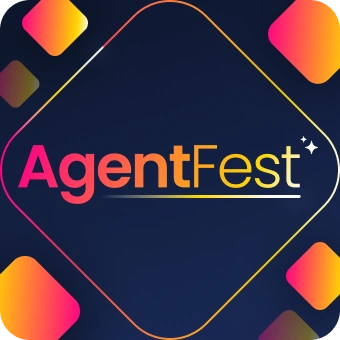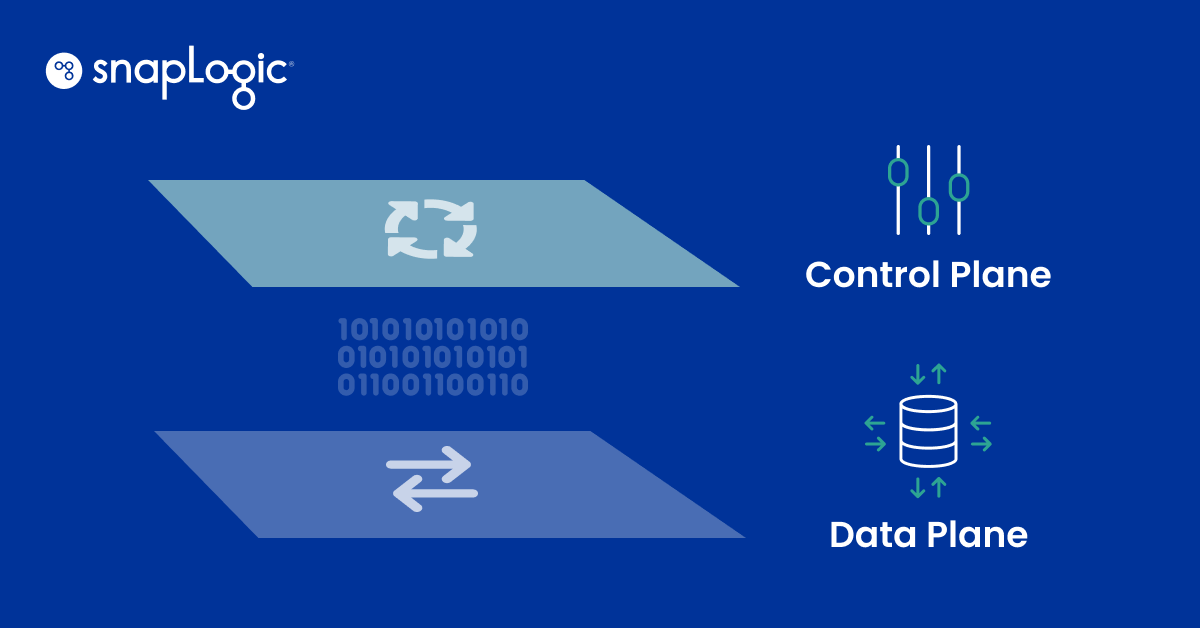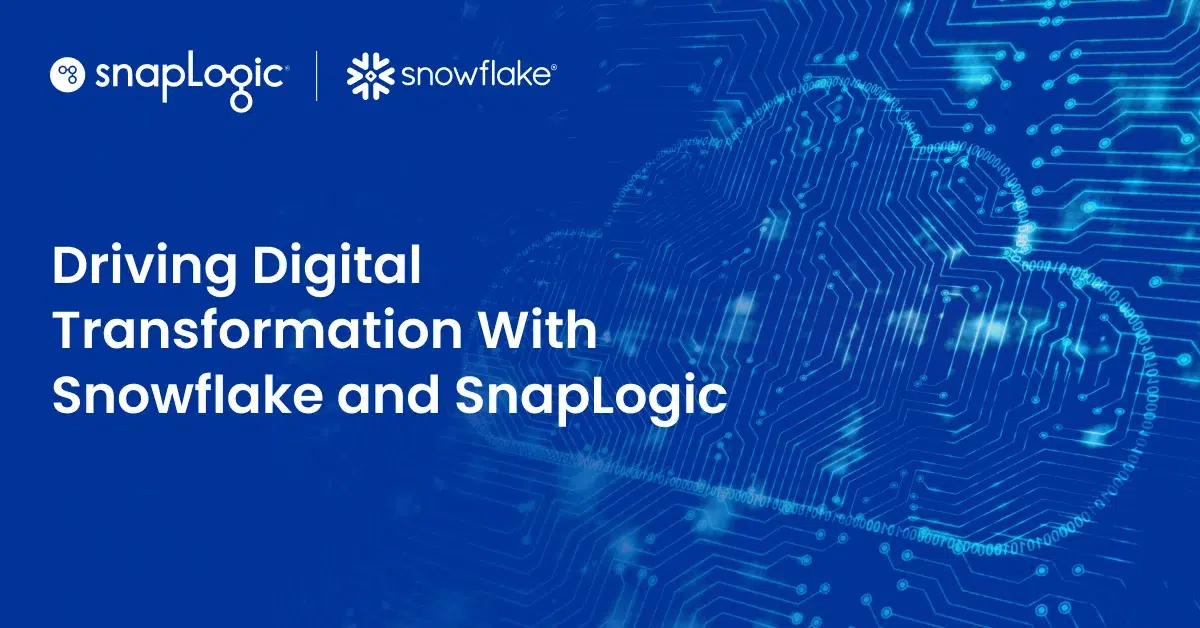The Human Resources (HR) function of today strives to be a strategic business partner. However, many HR leads find themselves struggling to not only align their mission with the core initiatives of the enterprise but also to provide recommendations that will allow for growth throughout their organization and to the bottom line.
From Deloitte’s broad list of human capital trends – which identifies opportunities to close the gap between the pace of change and the challenges of work and talent management – six HR priorities emerge that stand to benefit from a data-driven approach.
Top digital transformation priorities for today’s HR organizations
- Build the Organization of the Future
- Agile, team-based, empowered
- Careers and Learning
- Growth, skills, “Always-on” learning
- Talent Acquisition: The Cognitive Recruiter
- Social networking; analytics; job, team, and culture fit
- Employee Experience
- Employee journeys, workplaces, Net Promoter Scores
- Performance Management
- Continuous feedback and coaching
- Leadership Development
- Empowering a new breed of leader
The only way for HR to achieve these priorities – of contributing to the digital transformation of their organization – is to be data-driven. Becoming data-driven has its challenges, especially when HR data is inaccurate, inconsistent, and/or hard to access, or is distributed across multiple data and application silos. It’s data challenges like these that add to the time and cost encumbrances that limit modern HR’s ability to operate strategically.
Through state-of-the-art data integration, the HR function can spend less on manual tasks and focus more fully on data-driven strategic activities. The potential for HR organizations is now clear.
Check out our latest white paper Data-driven: Disrupting the HR organization of the future, that explores the digital transformation of the HR function in 2018. The paper describes the priorities, challenges, and ways that data integration accelerates digital HR into the future.








